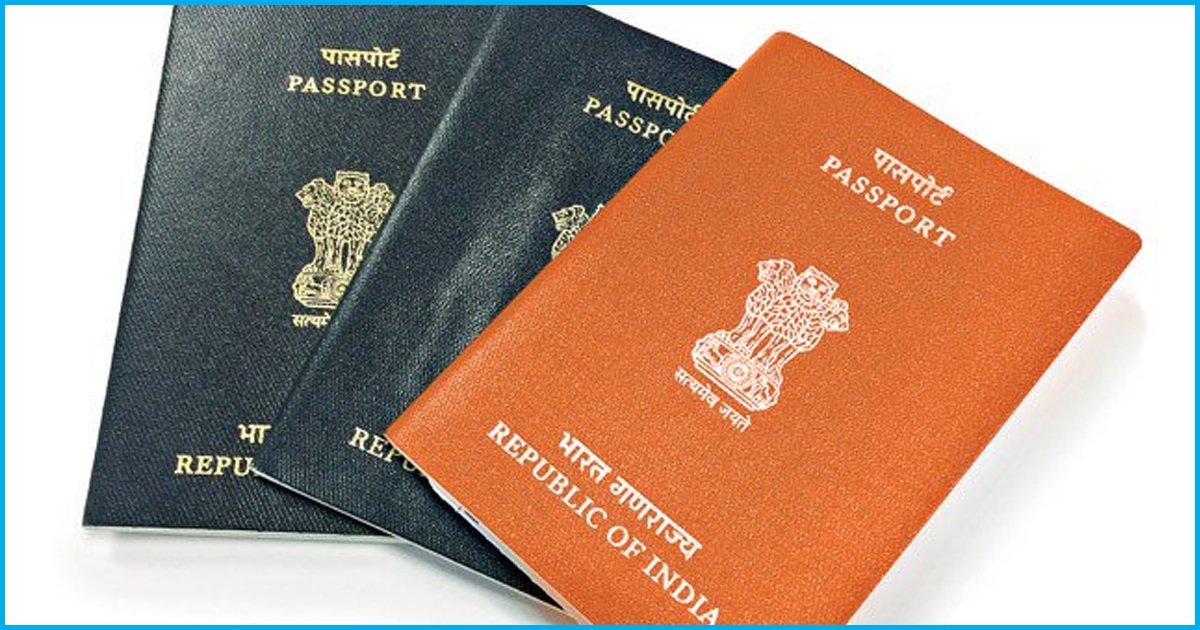
Following Criticism, Govt Withdraws Introduction Of Orange Passport
31 Jan 2018 6:29 AM GMT
The Ministry of External Affairs (MEA) dropped their proposal of issuing orange colour passports to people belonging to Emigration Check Required (ECR) category after the Kerala High Court issued a notice to the central government and Passport Authority of India.
The MEA had made the announcement in the first week of January, but they never gave other details about it. Legal experts pointed out that although the proposal was meant for the protection of vulnerable labourers from exploitation abroad, it would instead expose them more to deceiving intermediaries who provide false promises of a job.
With the withdrawal of the proposal, the ministry stated that they would continue the ongoing practice of printing the last page of the passport, which contains the information about the parents of the applicant.
The government had earlier announced proposed changes to the passport which included removing the last page containing details of residence and parents’ name. It was aimed at not revealing more information than required. The MEA was also evaluating the case of children of single parents. It was planning on removing the mandatory printing of the name of estranged father/mother. Before further clarification was given, the proposal was scrapped.
What is ECR?
ECR refers to Emigration Clearance Required category for people who haven’t passed 10th grade in school and wanted to travel abroad for work. The applicants need to acquire the “emigration clearance” certificate from the office of Protector of Emigrants before leaving India. ECR aims is to protect the passport holder from exploitation by the fraudulent employers.
The Opposition
The decision of orange colour for ECR passports was taken on the recommendation of a three-member committee comprising of officials from the MEA, and ministry of women and child development.
The ministry received several requests for reconsideration of the proposal. On January 29, in a meeting held in the presence of external affairs minister Sushma Swaraj, the plan was viewed in the light of the requests. After the discussions, the ministry declined the proposal and went with the decision of printing the last page of the passport that was rejected on January 12.
The proposal faced flak as soon as it was announced. Critics stated that the proposal threatens the right to equality provided by the Constitution since it amounts to discrimination and division of people solely on the grounds of education and economic status.
The advocate that filed the PIL in the Kerala High Court argued, “there could arise situations whereby it is easily revealed to the foreign authorities that the person is uneducated and unskilled and by making the vulnerable state of the person so evident and apparent, chances of such person being exploited will be increased.”
The proposal faced opposition from Kerala MPs as well. “The decision will discriminate between ordinary workers and educated ones. This would lead to a situation wherein those who have not passed the tenth standard would be considered as second-class citizens,” Kerala’s CM Pinarayi Vijayan said.
Congress President Rahul Gandhi tweeted,” Treating India’s migrant workers like second-class citizens is completely unacceptable.”
 All section
All section













